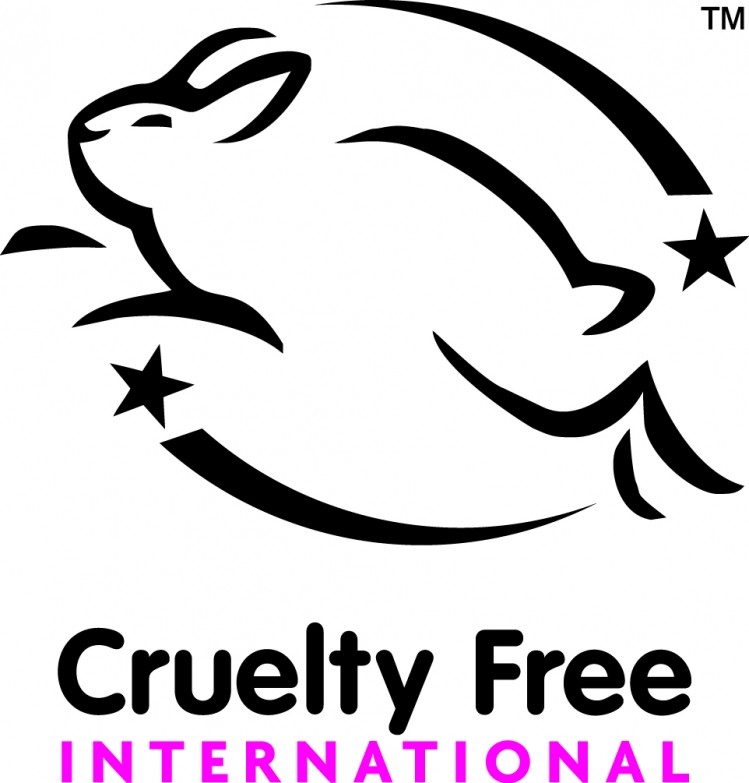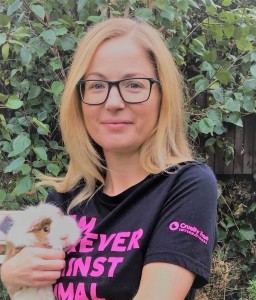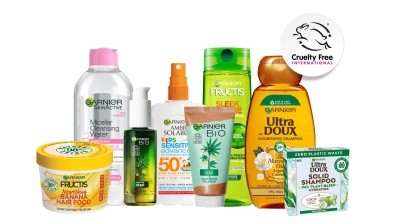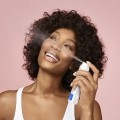SCS FORMULATE 2019
Cruelty Free International: Leaping Bunny certification is soaring

Demand for certified cruelty-free cosmetics has soared in recent years, and with more than 200 Leaping Bunny applications in the process with Cruelty Free International this will only continue, says its head of certification services.
In September 2018, Cruelty Free International delivered eight million signatures to the United Nations from consumers globally who felt industry should not be conducting animal testing for cosmetic products.
Animal testing EU ban, consumer concerns and Leaping Bunny certification
The European Union initially banned animal testing on finished products in 2004 and animal testing on cosmetic ingredients in 2009, although this later move still allowed for repeated-dose toxicity, reproductive toxicity and toxicokinetics animal testing. However, in 2013 all European countries banned production and marketing of cosmetics and ingredients testing on animals, irrespective of the availability of alternative testing methods. Countries in the European Free Trade Association (EFTAa) – Norway, Switzerland, Iceland and Liechtenstein – then followed suit.
Despite these bans, consumers across Europe continue to demand assurances about non-animal testing on cosmetic products. Numerous organisations and NGOs worldwide offer certification programs for companies and brands wishing to assure consumers products were cruelty-free, and Leaping Bunny from London-headquartered Cruelty Free International was considered a gold standard in this space. The program certified cosmetic and personal care companies and brands*, as well as those in household and cleaning. *Leaping Bunny certification cannot be obtained for individual SKUs, ranges or products under a brand and had to cover the entire brand or company.
The Leaping Bunny certification kickstarted in Europe back in the 1990s but has since become well established in the US and Canada and grown significantly in the last two years, according to Claire Fletcher, head of certification services at Cruelty Free International.
Speaking to attendees at last week’s SCS Formulate 2019, Fletcher said: “It’s because of consumer demand and brands demanding it and the whole growth of requirement for transparency for products in supply chains.”
Once certified, brands and cosmetics companies, she said, had an “increased ethical market share” – important amid such consumer trends and demands.
Cosmetics and personal care products, Fletcher said, represented 95% of worldwide Leaping Bunny certifications and it remained the category seeing most demand for cruelty-free assurances.
“That increasing demand is obviously multifactorial. Consumers are putting more pressure on brands; consumers are becoming more aware animal testing is still happening and consumers want to see it ending. Brands are obviously evolving with their CSR [Corporate Social Responsibility] and looking to be cruelty-free and market that to their consumers. And that demand then plays very heavily onto suppliers – product manufacturers, the distributors and raw material suppliers – that we work very closely with.”
‘It does place an extra burden on suppliers’
Obtaining Leaping Bunny certification was no easy task, Fletcher said, and required implementing an ongoing supplier monitoring system, scrutinising materials down to INCI manufacturer level and implementing a fixed cut off date whereby every product thereafter was cruelty-free, among other things. And it typically took larger beauty firms around two years to complete everything from start to getting the Leaping Bunny logo on-pack.
“It’s not easy to achieve Leaping Bunny, I have to be honest. Obviously, it varies depending on the amount of products you have, and also what systems you already have in place (…) The shortest length of time I’ve ever seen a brand get certified in is about three to four months, and it doesn’t happen very often,” she told attendees.
Brands or companies were then audited within the first year of Leaping Bunny certification and thereafter every three years, with paperwork required to be no older than 12 months. Independent audits were also conducted on the Cruelty Free International teams working with these certified brands and companies, she said.
Cruelty Free International had teams in place to facilitate all of this, she said, and worked with all the stakeholders throughout the supply chain, particularly the suppliers.
Speaking to CosmeticsDesign-Europe after her presentation, Fletcher said suppliers were “really great” to work with, very cooperative and fully understood the goal of the Leaping Bunny program.
“I’m very aware of the fact it does place an extra burden on them, as does all the transparency that consumers would like now regarding all types of products, not just cosmetics.”
However, she said that over the years, Cruelty Free International had built up strong relationships and contacts across the global cosmetics supply chain which made work easier.
“Out list of contacts is growing by the hundreds every week globally, as we reach out to more INCI manufacturers, distributors, raw material manufacturers and product manufacturers,” she said.
A ‘positive, forward-facing’ approach to ending animal testing
Fletcher said that, moving forward, Cruelty Free International wanted to expand its network of certified cosmetic and personal care companies and brands. The organisation currently had more than 200 applications being processed with enquiries continuing to flood in – all important in achieving the organisation’s over-arching goal, she said.
“Our organisation works to create a world where nobody wants to test on animals at all. It’s not just cosmetics, we work to end all animal testing globally and we cover all sorts of things, from campaigning to investigating to science and expertise.
“…What we want to do is have a positive, forward-facing approach. It’s not about what’s happened in the past but about seeing what ethical commitments people can make to move forward,” she said.




















